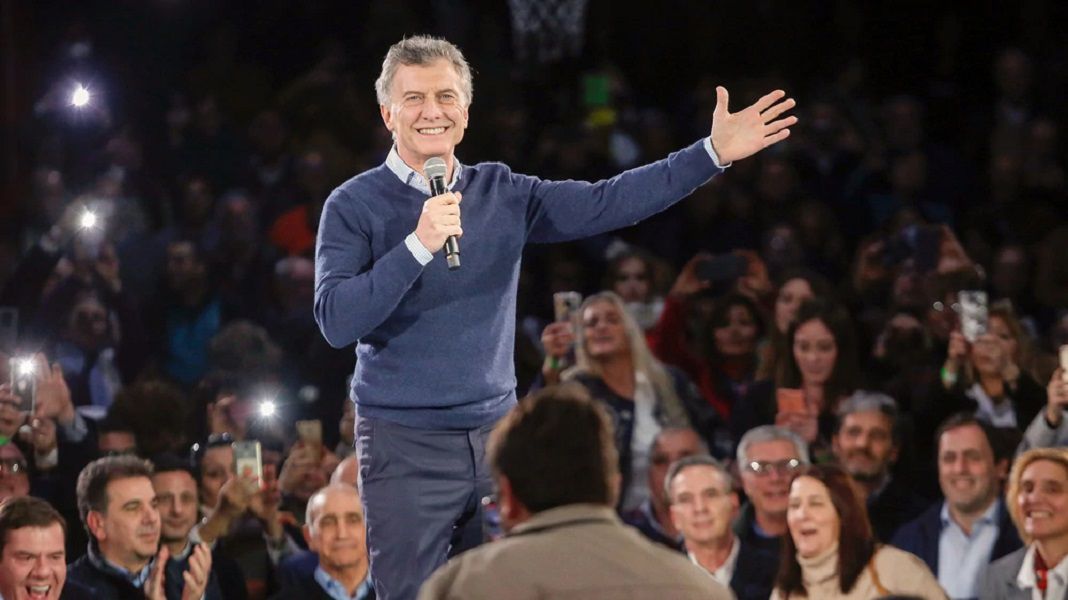RIO DE JANEIRO, BRAZIL – An increase of ten percent in equities, country risk again below 800 points and a milder dollar. This is how the markets closed on Friday, after a highly volatile week in which there was much anxiety and caution.
But this new rebound showed that investors are placing their bets and are confident that Mauricio Macri will do well in the primary, open, simultaneous, and mandatory (PASO) elections.

What does a “good result” in the primaries mean, from a market standpoint? Consultatio Asset Management outlined the different scenarios at the end of the week. These are the options:
- A difference of under three points in favor of opposition coalition Kirchnerism would be the “dream” option since, in theory, it would allow the government to move up in the presidential elections. In other words, Macri would be in an excellent position to be re-elected.
- If the gap were between three and six points, the markets’ response would be “neutral.” “The key — the report describes — will involve assessing the votes obtained by Roberto Lavagna, José Luis Espert, and Gómez Centurión.” In theory, they say, Macri could secure an additional 1.5 million votes in the presidential elections against only 900,000 for Alberto Fernández.
- A difference above 6 points would be considered as a challenging result for the ruling party to overcome.
However, virtually no recently released survey gives Kirchnerism a lead greater than five points; some published during the past week showed a parity trend.
A survey conducted by Brazilian investment bank BTG Pactual gives Macri the prospect of a victory in the PASO (by a difference of 2.5 points) but in turn, considers that the most likely scenario is that ultimately it will come to a ballot. This option would play in the government’s favor since the negative image maintained by Cristina Kirchner would undermine the formula led by Alberto Fernández.

However, there are many uncertainties as to the methodology of the polls and whether they genuinely incorporate real voting intentions.
The evolving financial variables are gradually favoring the government. Despite some fluctuations this past week, the dollar has so far suffered no significant shocks. Inflation was down for three months, although in July it will be difficult for it to break 2.5 percent.
The real economy is also slowly starting to show signs of recovery. INDEC data for May showed growth in activity for the first time in over a year.
The most relevant data is that consumption recorded a recovery, which increased again in the year-on-year comparison after thirteen months. Nevertheless, the slight increase of 0.8 percent is explained by the wholesale trade rebound, while retail trade continued to decline.
However, these are campaign times, and it is difficult to take candidates at face value. Argentina will need to stabilize the balance of public accounts and regain access to financing in the markets since the IMF is unlikely to make any more disbursements (only US$4 billion by 2020).
But it is still premature to venture into plans after December 10th. First comes the electoral calendar and thinking beyond October is pure guesswork.

